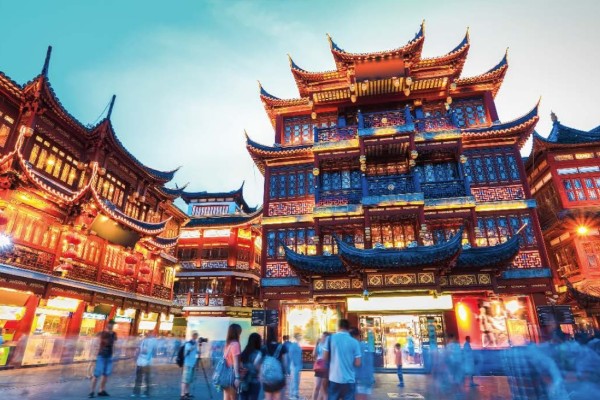Sweet decision in trade secret sauce: the Vanillin case
Vanillin, a popular flavoring agent widely used in foods, beverages and pharmaceuticals, is the main character of a recent "sugary and juicy" law dispute with a strong sweet taste …for the plaintiff.
With decision issued on February 26, 2021 the China’s Supreme People’s Court condemned Wanglong Group Co., Ltd. (Wanglong) to pay to Jiaxing Zhonghua Chemical Co. (Zonghua), Ltd and Shanghai Xinchen New Technology Co. (Xinchen), Ltd an amount of 159 million RMB (~$24.5million USD) as damage compensation for the violation of trade secret case relating to the manufacture of vanillin.
But let’s start from the beginning.
Zonghua is the world’s largest manufacturer of Vanillin with a global market share of 60%. Zonghua possesses the trade secret to a new process and technical know-how for making Vanillin.
In 2010, a former employee of Zonghua subtracted the vanillin production process trade secret and transferred it to Wanglong. Then he also started working for them as an employee.
After the disclosure, Wanglong started manufacturing Vanillin in June 2011. As a consequence, Wanglong’s Vanillin business reached 2000 tons since 2011 – the 10% global market share.
In the first instance case in 2018, Zonghua sued Wanglong before the High Court of Zhejiang Province for trade secret infringement, claiming damages for more than 500 million RMB for secret-trade infringement. The Court recognized the infringement and urged to stop the Vanillin production.
However, the damages awarded were much lower than Zonghua requested, 3 million RMB only. Both parties appealed the decision to the Supreme People’s Court (SPC).The SPC overruled the first instance court’s decision granting the highest ever damages compensation for a trade secrets case had been ever ruled by the SPC.
This has been possible thanks to a series of changes in China’s Anti-Unfair Competition Law and various intellectual property laws and regulations over the past few years.
In particular, the Anti-Unfair Competition Law, which is the primary statute in the current Chinese legal system providing protection for trade secrets, defines as trade secrets that deserve legal protection, the acts that may be deemed as misappropriation of the secrets by themselves and establishes the legal liabilities for misappropriation including administrative penalties and civil liabilities.
The large amount of damage compensation recognized by the SPC is a clear sign that China’s Courts are willing to improve the protection of the intellectual property rights, not only in respect to foreigners’ enterprises doing business in China but also between domestic companies.


